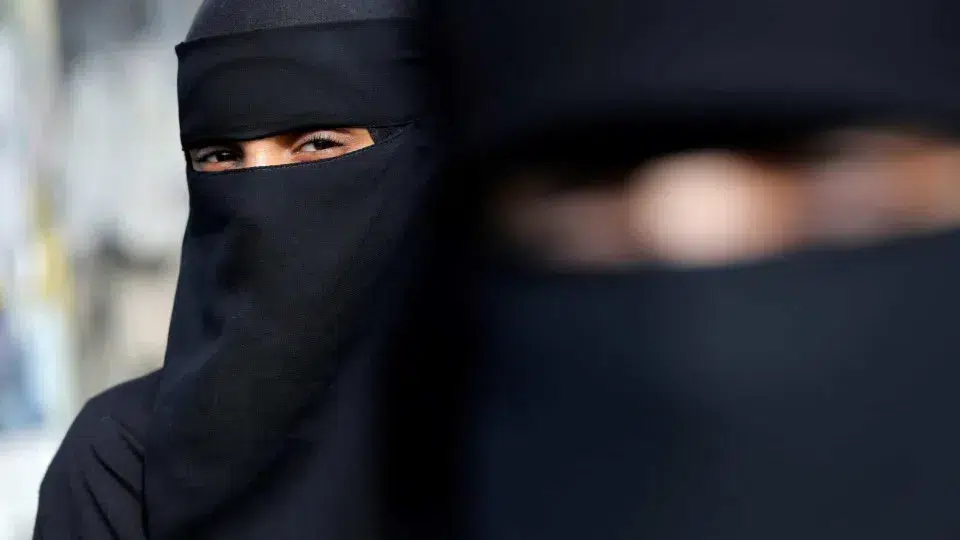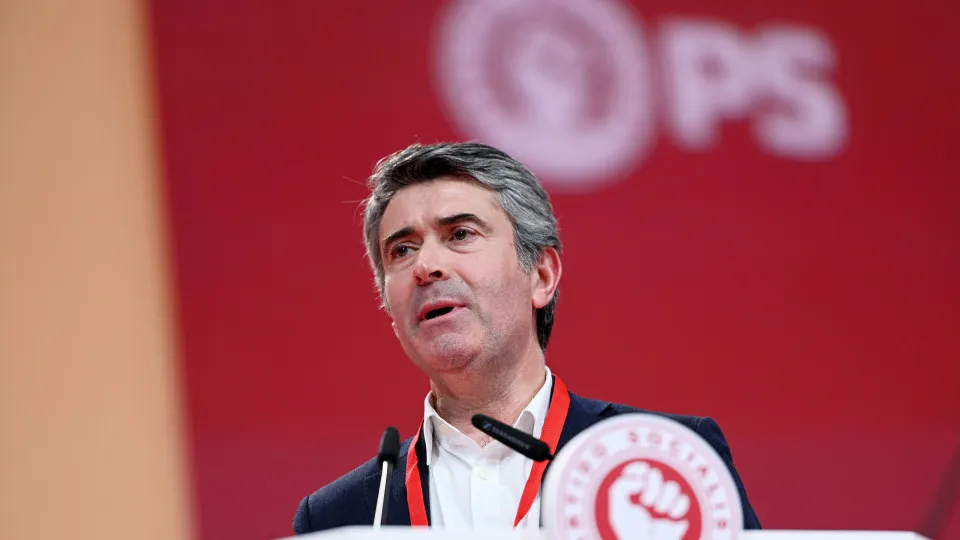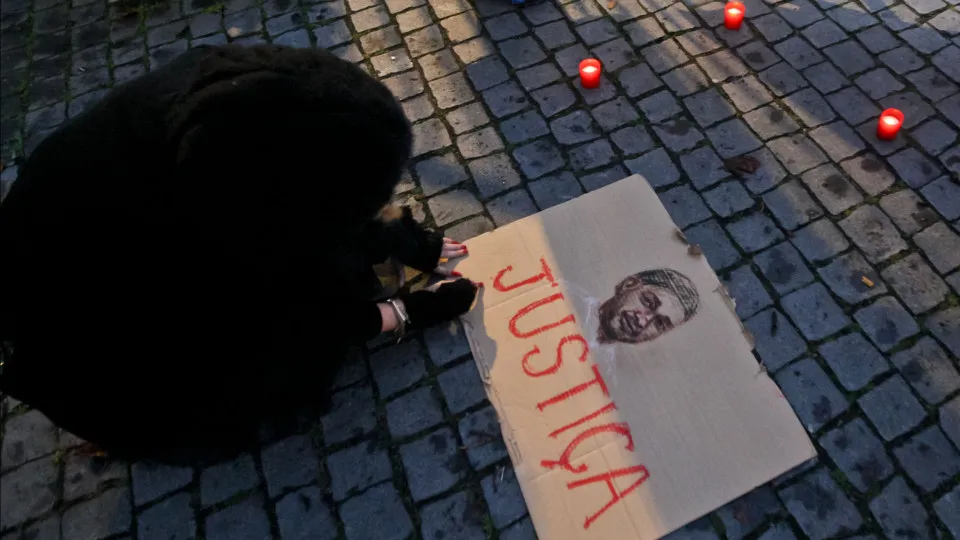
The Portuguese Parliament has approved the prohibition of the burqa in public spaces, citing women’s rights and security concerns.
The proposal made by Chega was passed with votes from PSD, IL, and CDS-PP. Meanwhile, PS, Livre, PCP, and BE voted against, while JPP and PAN abstained.
IL and CDS-PP expressed support for the Chega project, which “prohibits face-covering in public spaces with certain exceptions.” PSD indicated readiness to proceed but emphasized that “the text presented can and should be refined in committee.”
Fines ranging from 200 to 4,000 euros are among the penalties outlined.
What was said?
The PS on the Left urged caution in lawmaking, highlighting the far-right’s intent to “direct hate” towards a “specific target,” namely the Muslim community. PCP and BE opposed the proposal, while Livre accused Chega of presenting a deliberately “poorly crafted” project, opting not to dignify the debate.
Chega’s initiative calls for a ban on “garments intended to conceal or obstruct the display of the face” in public spaces, with some exceptions. Chega’s leader declared that the objective is to prohibit “women from wearing the burqa in Portugal,” specifically addressing immigrants.
“Whoever comes to Portugal, regardless of origin, customs, or religion, must uphold and respect the country’s customs and values,” he asserted.
André Ventura argued that a woman “forced to wear a burqa” loses her freedom and independence, becoming an object. He accused the Left of hypocrisy for defending women’s rights while accepting “a culture that oppresses them.”
The Chega president noted that “several European countries have already moved to ban burqas in public spaces,” referencing the European Court of Human Rights’ ruling that the French law does not violate the European Convention on Human Rights.
In the debate’s conclusion, Chega’s Madalena Cordeiro proclaimed from the podium, “This is not Bangladesh, where everything is done as you wish.” The deputy added, “enough pretending all cultures are equal.”
Andreia Neto of the PSD stated that “face-covering in public spaces, except for duly justified exceptions, raises issues of identification, public order, and social coexistence” and that “defending women means defending their freedom, ensuring that no tradition or imposition can erase their presence or limit their voice.”
However, the social-democrat noted that “the text presented can and should be refined in committee to ensure that its final wording respects the Constitution, protects fundamental rights, and avoids any form of discrimination.”
For the CDS-PP, João Almeida remarked that “Portugal is not a land of burqas,” adding that the initiative “has parallels in comparative law in countries with similar constitutional regimes.”
Rui Rocha of IL asserted that wearing a face-covering in public raises “obvious security issues,” as well as issues of “women’s subjugation, degradation, and humiliation,” rejecting claims of “Islamophobia.”
Pedro Delgado Alves of PS expressed that no one in the plenary would feel comfortable with women’s subjugation through complete face-covering, advocating for “education and work within communities” to address the issue and calling for seriousness and respect in legislative discussions, acknowledging “various fundamental rights.”
“People deserve better than this, for heaven’s sake,” exclaimed the PS deputy, rejecting “generic prohibitions with the explicit objective of targeting a specific group as stated by their proponents.”
Rui Tavares of Livre announced, “I will not spend a second defending something I’m against. I’m against the burqa and, even more so, against those in favor of it”—a statement that sparked reactions and interjections regarding the use of the term “those guys,” later echoed by André Ventura addressing Livre.
Libre’s co-spokesperson argued that Chega’s project is “a trap” by those not seriously addressing the issue but presenting something flawed to garner votes against it and media attention.
Andreia Galvão of BE stated that the project “violates the constitutional principle of freedom, conscience, and religion,” asserting that “the law already protects every woman’s, indeed every person’s, right to dress as they wish, without coercion,” and allows security forces to request identification in certain situations.
PCP’s parliamentary leader Paula Santos argued that the debate topic is not “an emerging issue” and accused Chega of wanting to “spread hate,” primarily targeting Muslim women “as if they lack the capacity to think and the right to decide.”
The proposed law will now be debated in the Parliamentary Committee on Constitutional Affairs, Rights, Freedoms, and Guarantees.
[Updated at 2:26 pm]




